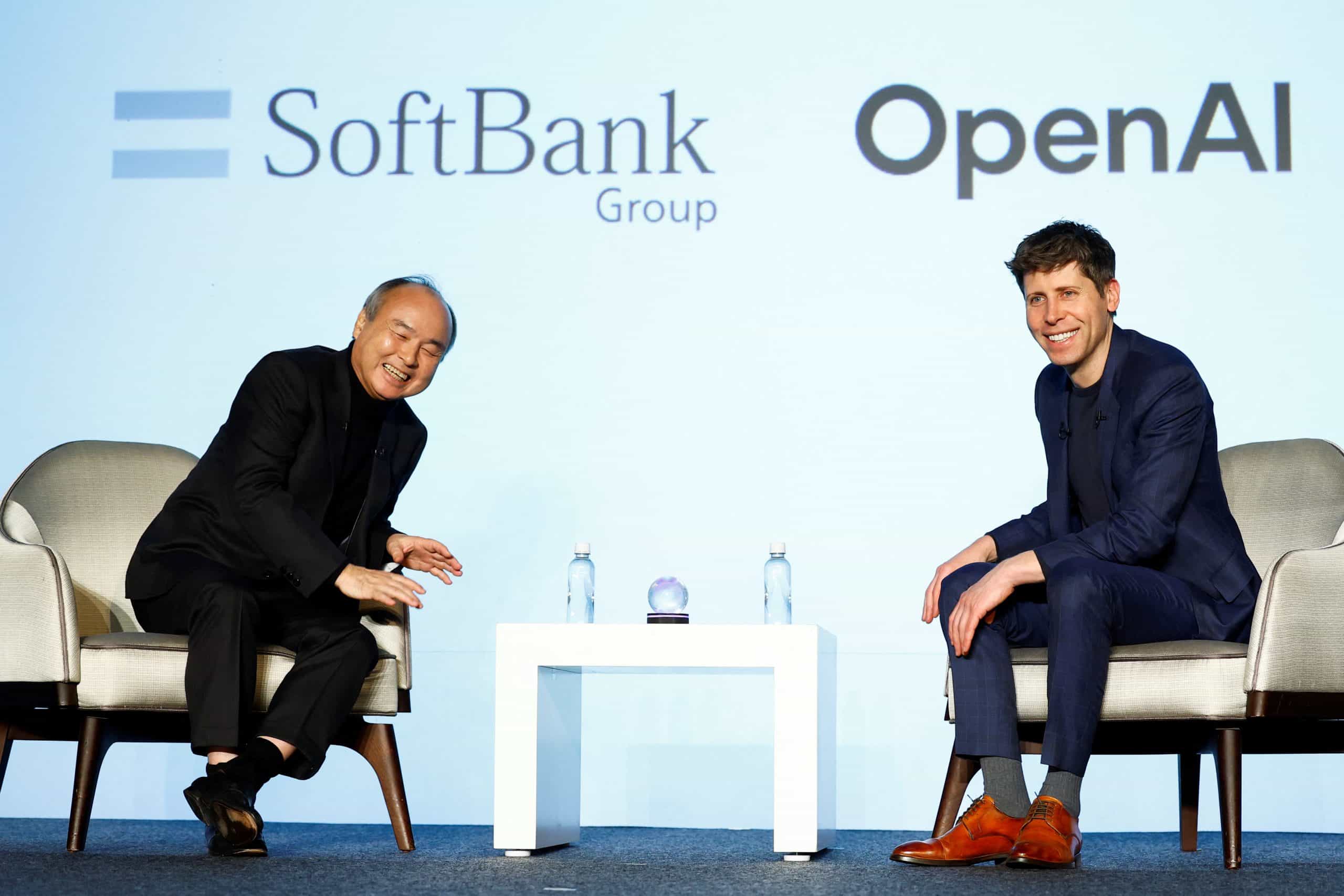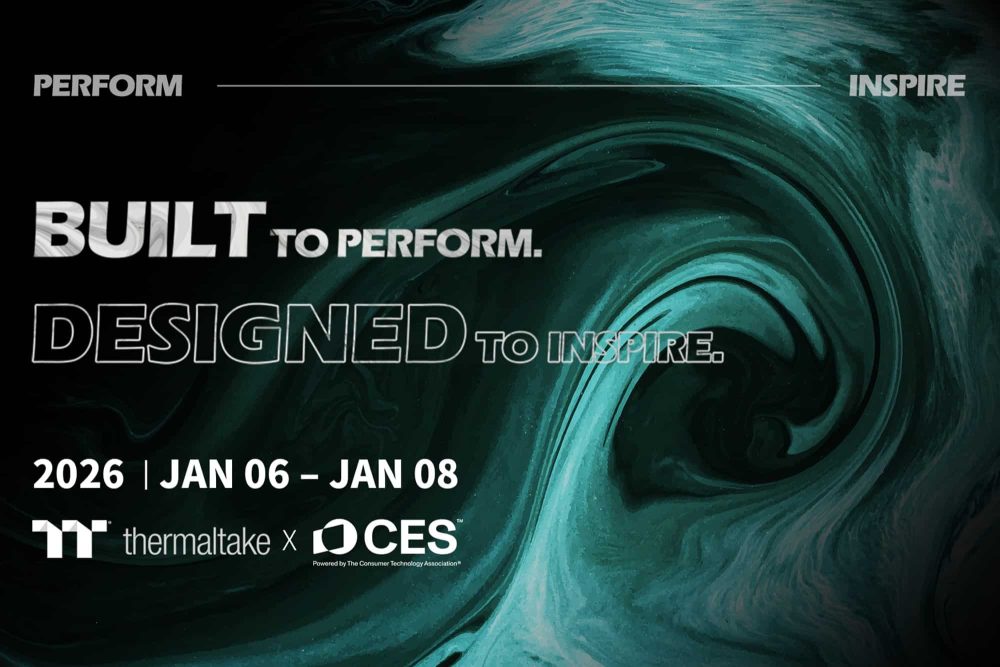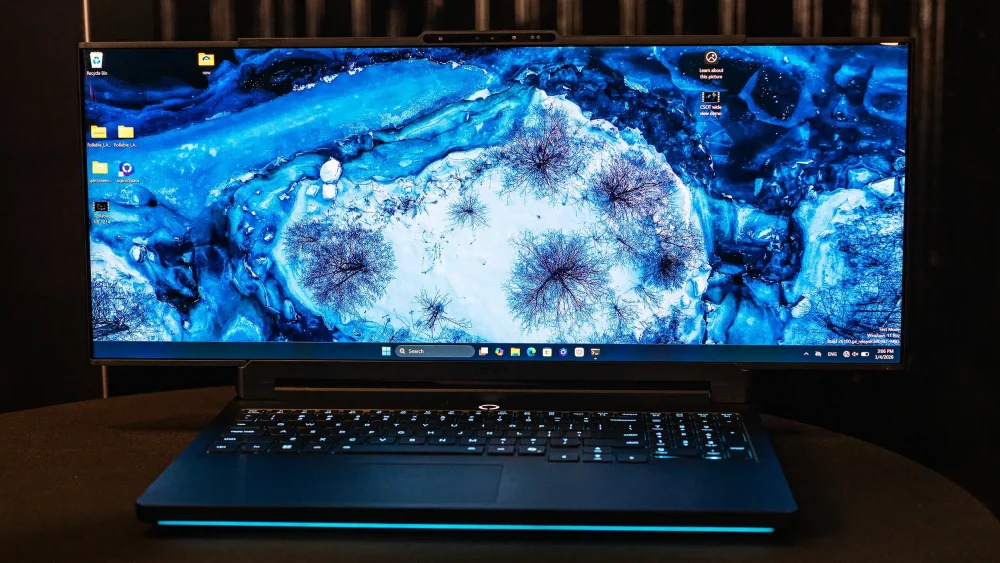The biggest tech funding deal in history comes with a multi-billion-dollar ultimatum.
If you thought the AI funding wars were cooling down, think again. OpenAI just shattered records with a staggering $40 billion funding round, led by Japan’s SoftBank Group. This deal doesn’t just propel OpenAI to a jaw-dropping $300 billion valuation—it throws down the gauntlet for AI supremacy. But here’s the kicker: SoftBank’s money comes with strings attached, and those strings are made of steel.
The Largest Private Tech Deal in History—With a Billion-Dollar If
SoftBank, which is throwing $30 billion into OpenAI’s war chest, has one crucial condition: OpenAI must restructure into a for-profit entity by the end of 2025—or SoftBank slashes its investment down to $20 billion. That’s a potential $10 billion penalty for staying nonprofit. If OpenAI wants the full pot of gold, it needs to convince its own board, Microsoft, and the California attorney general, who oversees its nonprofit roots.
Oh, and Elon Musk? He’s already in court trying to block OpenAI from turning into a full-blown corporate titan, arguing it betrays the original nonprofit mission. So buckle up, because this is going to be a legal and financial cage match.
Why SoftBank? And Why Now?
SoftBank isn’t just looking for a front-row seat in the AI arms race—it wants to own a piece of the battlefield. Partnering with OpenAI and Oracle, it’s backing the $500 billion Stargate project, a network of data centers designed to power AI workloads at an unprecedented scale. That means SoftBank isn’t just funding OpenAI—it’s actively shaping its infrastructure, potentially influencing where and how the world’s most powerful AI models are trained.
The ChatGPT Juggernaut—and Its Insatiable Appetite for Cash
It’s easy to see why investors are lining up for a piece of OpenAI. ChatGPT now boasts 500 million weekly users, up from 400 million just last month. The company projects $12.7 billion in revenue by the end of the year, a staggering threefold increase. But that growth comes with an insatiable demand for capital. AI research is brutally expensive, and scaling it means building computing infrastructure that would make even Google sweat.
OpenAI CEO Sam Altman put it bluntly: “The ChatGPT launch was one of the craziest viral moments I’d ever seen, and we added one million users in five days. Today? We’re adding a million in an hour.”
A Billion-Dollar Gamble That Could Shake AI’s Future
The stakes? Monumental. If OpenAI succeeds in its restructuring and continues its meteoric rise, it cements itself alongside SpaceX ($350B) and ByteDance ($300B) as one of the world’s most valuable private companies. But if it stumbles—whether from legal challenges, investor skepticism, or technological hurdles—SoftBank’s financial pullout could cripple OpenAI’s ambitions.
This isn’t just another funding round—it’s a high-stakes ultimatum that could redefine the AI landscape. Either OpenAI jumps through SoftBank’s hoops and evolves into a corporate giant, or it risks missing out on one of the most consequential investments in tech history.
And with rivals like Google DeepMind, Anthropic, and Amazon gunning for the top spot, OpenAI doesn’t just need money—it needs to move fast.
Bottom Line? Follow the Money.
The AI revolution is here, but it’s not free. The question isn’t just who will win—it’s who will pay the price to stay in the game. And right now, SoftBank is holding the checkbook—and the timer is ticking.
What do you think? Will OpenAI bend to SoftBank’s demands, or will this deal spark a power struggle that reshapes AI forever? Drop your thoughts below!


